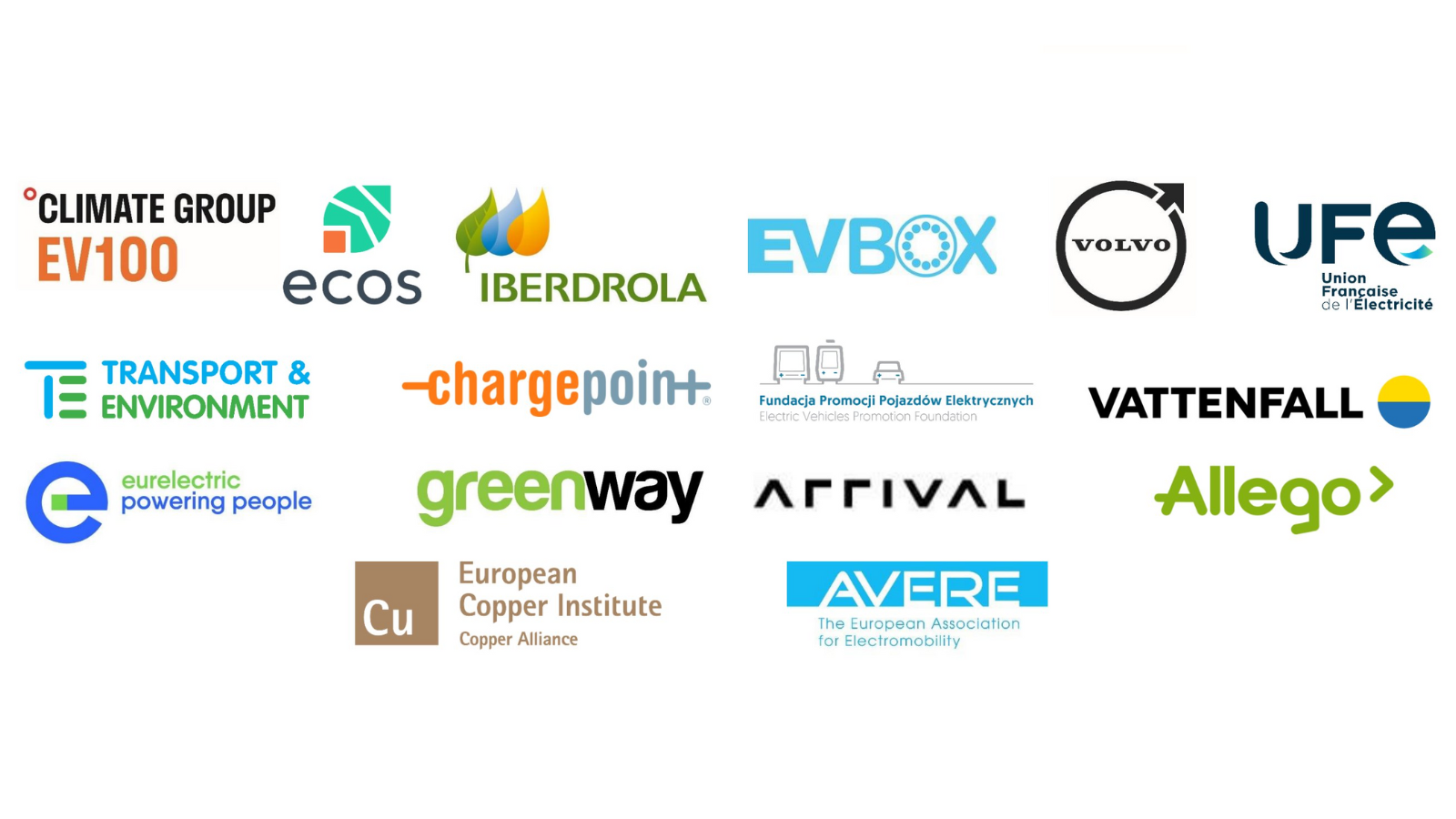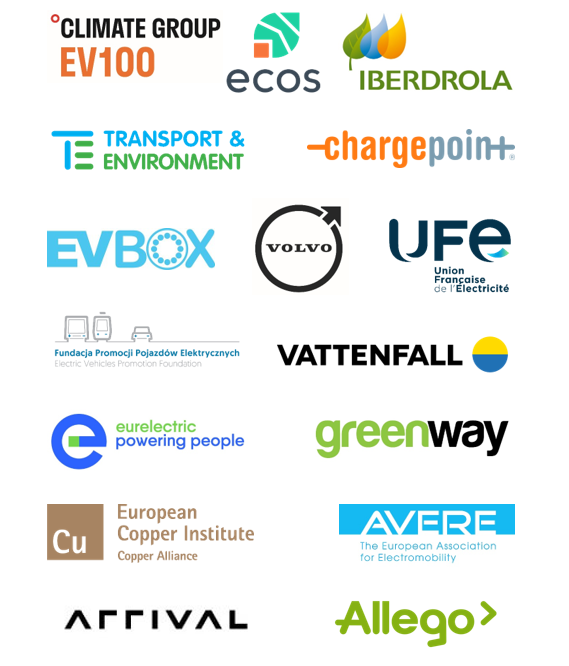
JOINT LETTER
Joint Letter on ICE Phase Out and E-Fuels
Dear Deputy Permanent Representatives, dear MEPs,
Policies put in place in the next few years will decide whether the world has a fighting chance to curb climate change. In the EU, the “Fit for 55” climate package will determine whether Europe is on track to reach net zero emissions by 2050 and fulfill its obligations under the Paris Agreement. It will also determine the future of one of the continent’s largest sources of greenhouse gases and air pollution — cars and vans.
Together, passenger cars and light commercial vehicles are responsible for 15% of all Europe’s CO2 emissions. To enable all cars and vans on the road to reach zero emissions by 2050, the last car with any combustion engine, including hybrids, must be sold no later than 2035 considering their average lifetime on the road.
The solution to both climate damage and dangerous air pollution is readily available. Electric vehicles offer the opportunity to cost-effectively replace the polluting internal combustion engine (ICE) and usher in a new era of zero-emission mobility. Manufacturing and demand for electric cars are rapidly growing: every fifth car sold across the EU in 2021 had a plug.
With electric car sales and e-mobility value chains gathering pace in China, the US and elsewhere in the world, Europe should accelerate its efforts to continue to lead this transition. We therefore welcome the decisions of both the European Parliament and Council in June to confirm the 2035 end date for sales of combustion engine cars and vans in Europe. This is also in line with the global industry goal in leading markets as agreed at COP26.
As inter-institutional discussions now begin, it is essential that this ambition – the 100% CO2 reduction target for 2035 – is locked into the final text as soon as possible. This will set in motion an urgently needed systemic transformation and make Europe a global leader in a key industry for a net zero future. Accelerating e-mobility is even more important now as Europe struggles to end its oil and gas dependence on Russia.
With this in mind, we call on negotiators to reject calls to exempt new vehicles with combustion engines running on e-fuels after the 2035 cut-off date. Using synthetic petrol and diesel as a technology to decarbonise cars is far less efficient than direct electrification both commercially and in terms of overall energy conversion. Using e-fuels in cars will therefore divert clean electricity out from the rest of the EU economy and put at risk the decarbonisation of sectors where such carbon-neutral fuels may be the only viable option, such as aviation and shipping.
Efforts should instead be focused on getting electric cars on the road, rolling out charging and clean electricity supply, re-skilling workers for the electric transition and ensuring responsible sourcing and recycling of materials for batteries.
We call on you to show leadership on climate change and industrial vision. The Fitfor55 climate package is a once in a decade opportunity to set Europe on track to zero emissions that you as decision-makers of this generation cannot waste.
Signed,


